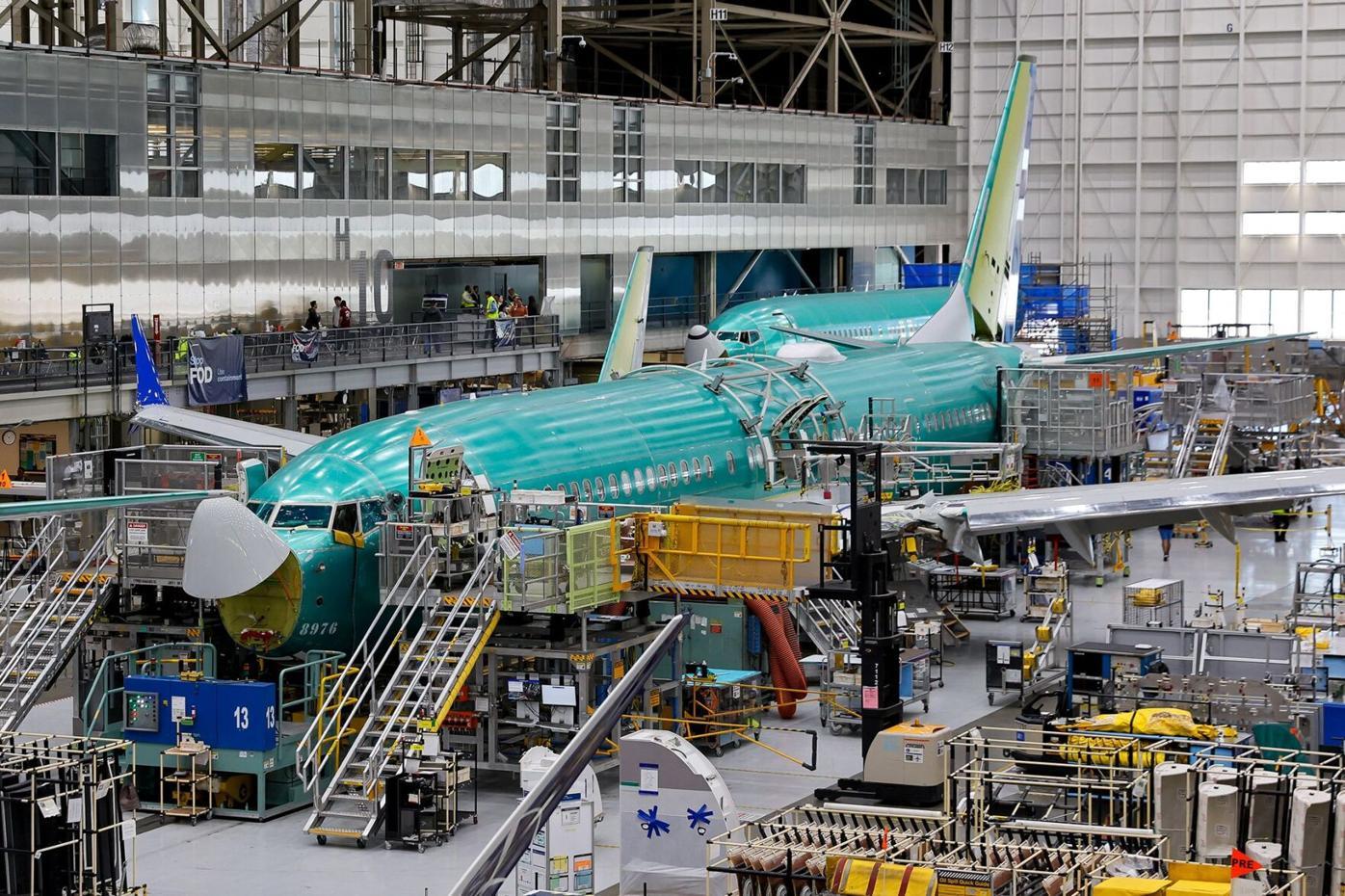
Smarter email, faster business.
Trending
NTSB Issues Safety Bulletin on Boeing 737 Max Engine Concerns

NTSB Issues Safety Bulletin on Boeing 737 Max Engine Concerns
Urgent Warning on Engine Hazards
The National Transportation Safety Board (NTSB) has issued an urgent safety bulletin highlighting potential risks associated with the engines on Boeing 737 Max aircraft. This alert follows two recent incidents involving Southwest Airlines flights, where bird strikes caused damage to the CFM International LEAP-1B engines. The damage resulted in smoke infiltrating the aircraft’s ventilation system, ultimately affecting the cockpit and passenger cabin. The presence of smoke in the cockpit is regarded as a critical safety threat, as it can rapidly incapacitate pilots and endanger the flight.
The NTSB expressed concern that flight crews may not be fully aware of the dangers posed by such engine damage. The agency has called on the Federal Aviation Administration (FAA) to ensure that all operators adequately inform their crews about these risks. Additionally, the NTSB recommended modifications to the engine software to prevent smoke from entering the cabin following a bird strike.
Industry Response and Ongoing Efforts
In response, Boeing has updated its flight manuals to provide pilots with detailed procedures to follow if smoke is detected in the cockpit or cabin. GE Aerospace, which co-manufactures the affected engines through CFM International, confirmed it is collaborating closely with airframers to implement the NTSB’s recommendations and improve the safety features of the engine system. A company spokesperson stated, “We are aligned with the NTSB’s recommendations and the work is already underway, in close partnership with our airframers, to enhance the capability of this important system.” Boeing also affirmed its ongoing cooperation with CFM International on a software design update, expressing full support for the NTSB’s recommendations.
Implications for Boeing and the Aviation Industry
This safety bulletin arrives amid a challenging period for Boeing, which has recently contended with legal challenges and the aftermath of two fatal 737 Max crashes that led to a global grounding of the aircraft. The new concerns regarding engine safety raise further questions about the reliability of the 737 Max and may affect Boeing’s reputation, market share, and competitive position within the aviation sector. Market reactions and responses from competitors are being closely monitored as Boeing and its partners work to address the NTSB’s recommendations and restore confidence in their flagship narrow-body jet.
The NTSB’s call for prompt action underscores the critical importance of resolving these engine risks to safeguard passengers and crew. As Boeing and its collaborators advance efforts to implement necessary fixes, the aviation industry remains vigilant for further developments.